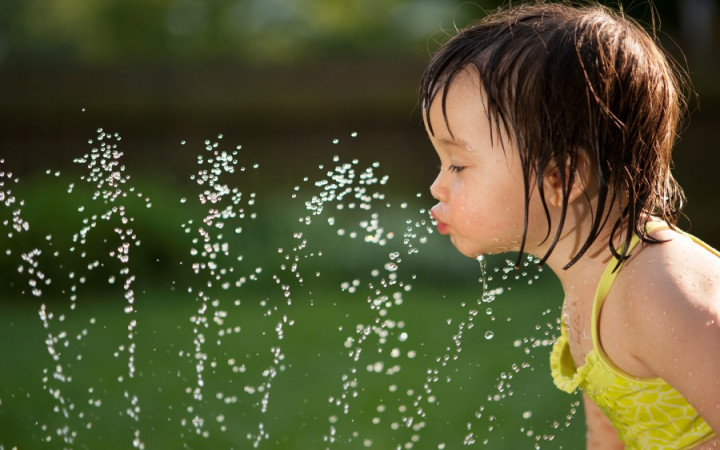Humans can live for weeks—sometimes months—without food. Going without water, however, is a different story…
Two-thirds of the human body (by weight) is water. Humans need water for many things. It’s used for blood flow, breathing, and turning food into energy. After oxygen, water is the body’s most important nutrient. Quite simply, you need water to live.
Your body loses water through sweat, urine, and even breathing. You must replace the water your body loses to keep your organs working properly. When you’re losing more water than you’re taking in, you’re at risk of dehydration. This happens when your body doesn’t have enough water.
In extreme heat, an adult can lose almost half-a-gallon of water through sweat alone. Without water, dehydration can set in within an hour in severe heat. Physical exertion without water in extreme heat can lead to death in a few hours.
Surprisingly, it’s also easy to become dehydrated in very cold environments. Cold air doesn’t hold much moisture. That means it dehydrates your body with every breath you take. Even if you aren’t sweating, you still need to replenish fluids in cold weather.
So how long can you go without water? About three to five days, if you’re in average shape and not physically exerting yourself. And that’s in perfect conditions (not too hot or cold). Very healthy people can live a day or so longer. Those who are less healthy or exposed to very hot or cold weather may not survive as long.
To stay healthy, you should continuously replenish your fluid supply. Many experts recommend drinking two quarts (64 ounces or about eight glasses) of water each day. However, that may be too much for some people or not enough for others. What’s most important is to drink water when you’re thirsty. Do you live in a very hot or cold area? If so, you may need to drink a gallon or more of water every day. You should also drink more water when you exercise.
Some animals can live without water much longer than humans can. One example is camels. They can go long periods of time — in the desert heat — without drinking water. Camels in the Sahara Desert have been known to survive six months or more without drinking during the winter. In the extreme heat of a desert summer, they can still go five to ten days without drinking.
How do they do it? Some people believe it’s because they store water in the humps on their back. But that’s not true. Their humps are filled with fat. This allows them to go a long time without food.
A camel’s internal body temperature can vary much more than a human’s. This allows them to withstand high temperatures without needing to sweat to cool their bodies. Camels also have specially-shaped elliptical blood cells. These cells promote blood flow and don’t allow blood volume to drop when fluid levels drop. These factors allow them to survive in harsh desert climates without water for days at a time.
So maybe you could go a few days without water. But you definitely shouldn’t! Water helps your body work the way it needs to. And you can get water in more ways than just drinking it. Plenty of foods contain water, especially fruits and vegetables. Taking in enough water is one big step in keeping your body healthy!
Standards: CCRA.R.4, CCRA.L.3, CCRA.L.6, CCRA.R.1, CCRA.R.2, CCRA.R.10, CCRA.SL.1, CCRA.SL.2, CCRA.W.4




